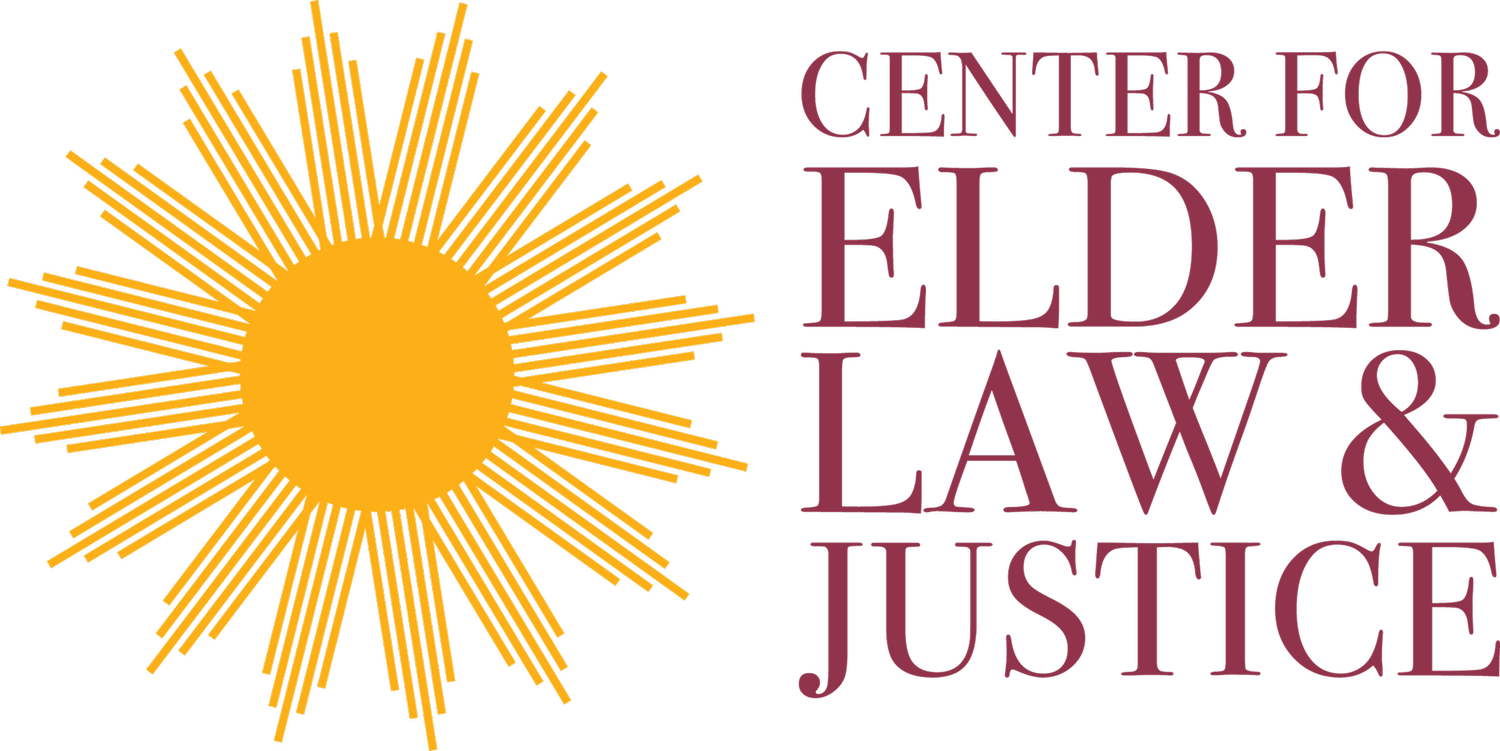Reviewing Your Lease
Congratulations on finding your dream apartment! Before you sign that lease, here are some tips from the Center for Elder Law & Justice’s Housing Unit to ensure things are in order:
Read the Full Document: The lease will be the document both you and your landlord will use in the event there’s confusion about your tenancy or if the landlord thinks you’ve broken any of the rules. Be sure that you have read and understand the lease. Ask for clarification if you have questions. Many landlords will negotiate terms in the lease. It’s best to have it in writing!
Clear Lease Agreement: Make sure it’s clear who the lease is with. If you have a roommate, both names should be listed. NYS law allows you to share the apartment with immediate family and one other occupant (plus their dependent children) as long as you or your spouse live there.
Apartment Description: Ensure the lease clearly defines the apartment (street address and apartment number) and any common areas you have access to, such as the laundry room, basement, attic storage, parking, etc.
Rent Details: The rent amount should match what you discussed with the landlord.
Payment Terms: The lease should specify where, when, and how the rent is to be paid.
Late Fees: Any late fees and the late period should be listed.
Pet Policy: If you have a pet, make sure there’s a pet policy included or that you have the landlord’s written permission to have your furry friend.
Smoking Policy: If smoking is allowed, there should be a smoking policy.
Security Deposit: The amount of the security deposit should be included.
Condition Documentation: While not required, photos of the apartment or a “Room Condition Report” can help protect your security deposit.
Utility Responsibilities: Specify who is responsible for paying which utilities. Shared utilities are generally not allowed in NYS; if they are shared, they should be in the landlord’s name.
Maintenance and Emergencies: Know what to do and who to call for maintenance, snow removal, emergencies, and complaints.
Landlord Access: Clarify how and when the landlord or their agents can enter your apartment.
Final Agreement: Determine if the written agreement is the final agreement or if verbal agreements beyond the written agreement are acceptable.
Remember, leases or rental agreements longer than a year must be in writing. Agreements less than a year can be verbal, but a written agreement helps settle disputes. Further information can be found on-line at:
Additional Resources:
Enjoy your new apartment!
*Please note, information in this post is subject to change at any time. This blog post is intended as general information only, and should not be considered legal advice. You should consult with an attorney about your specific circumstances.
